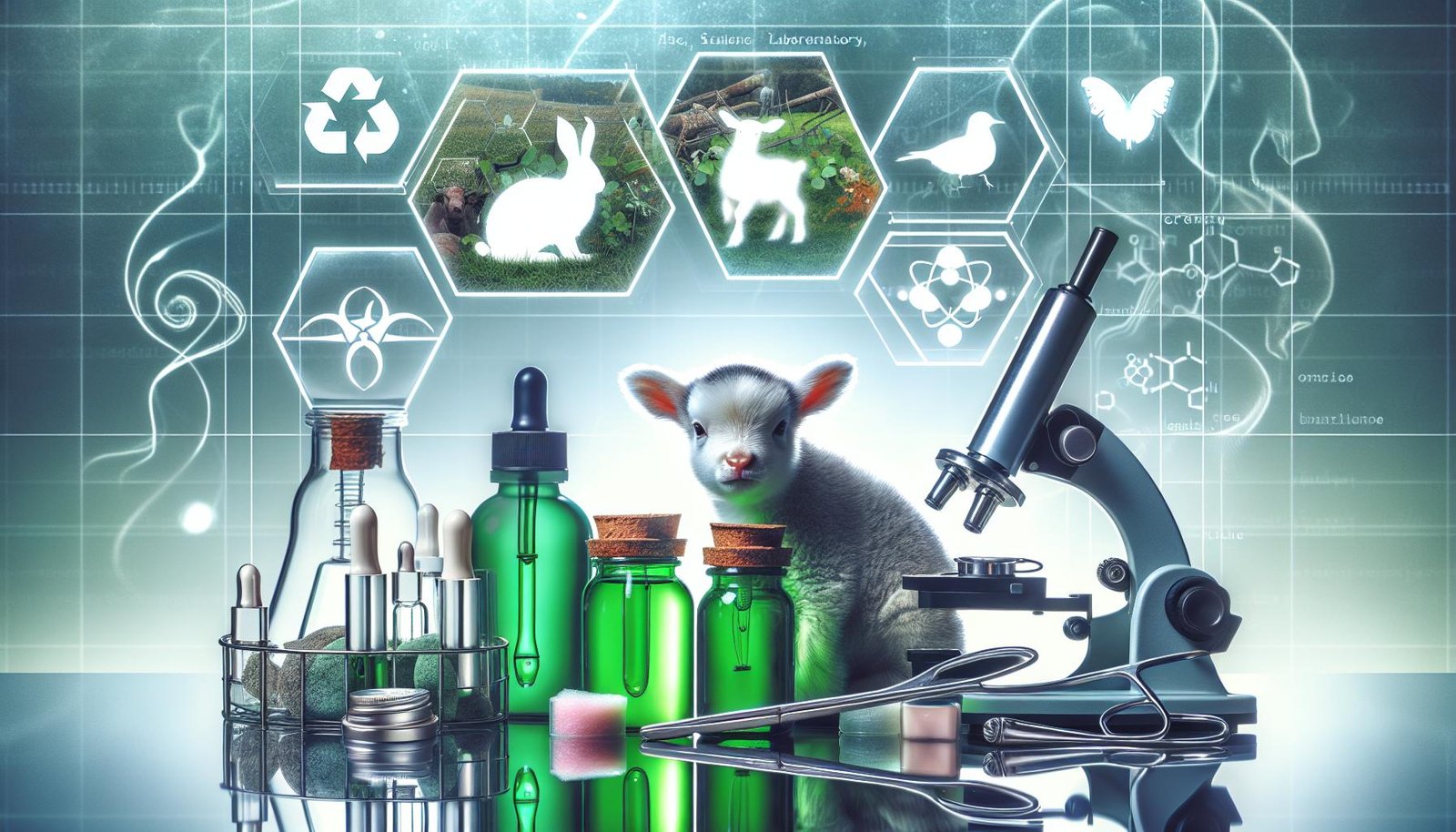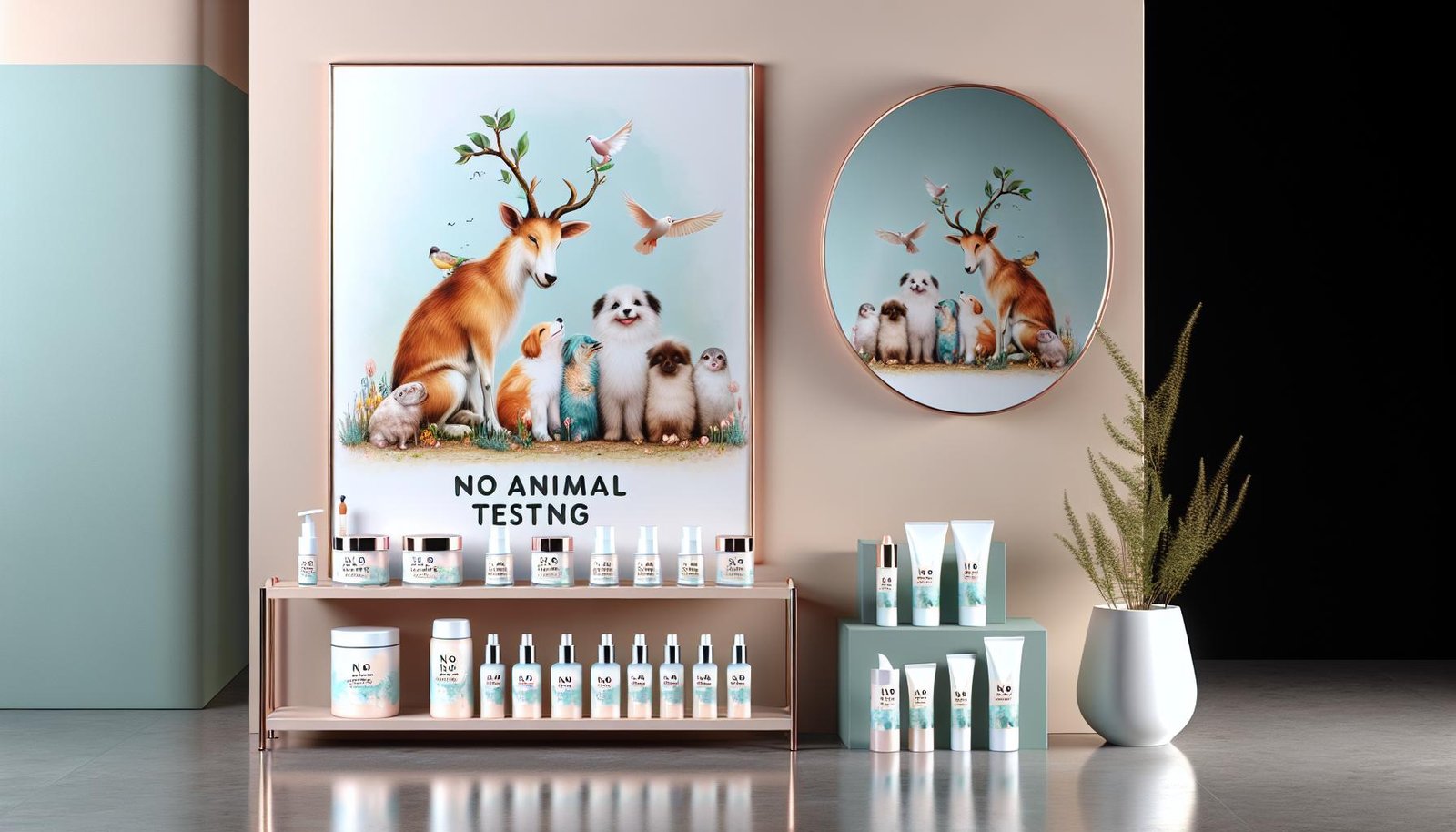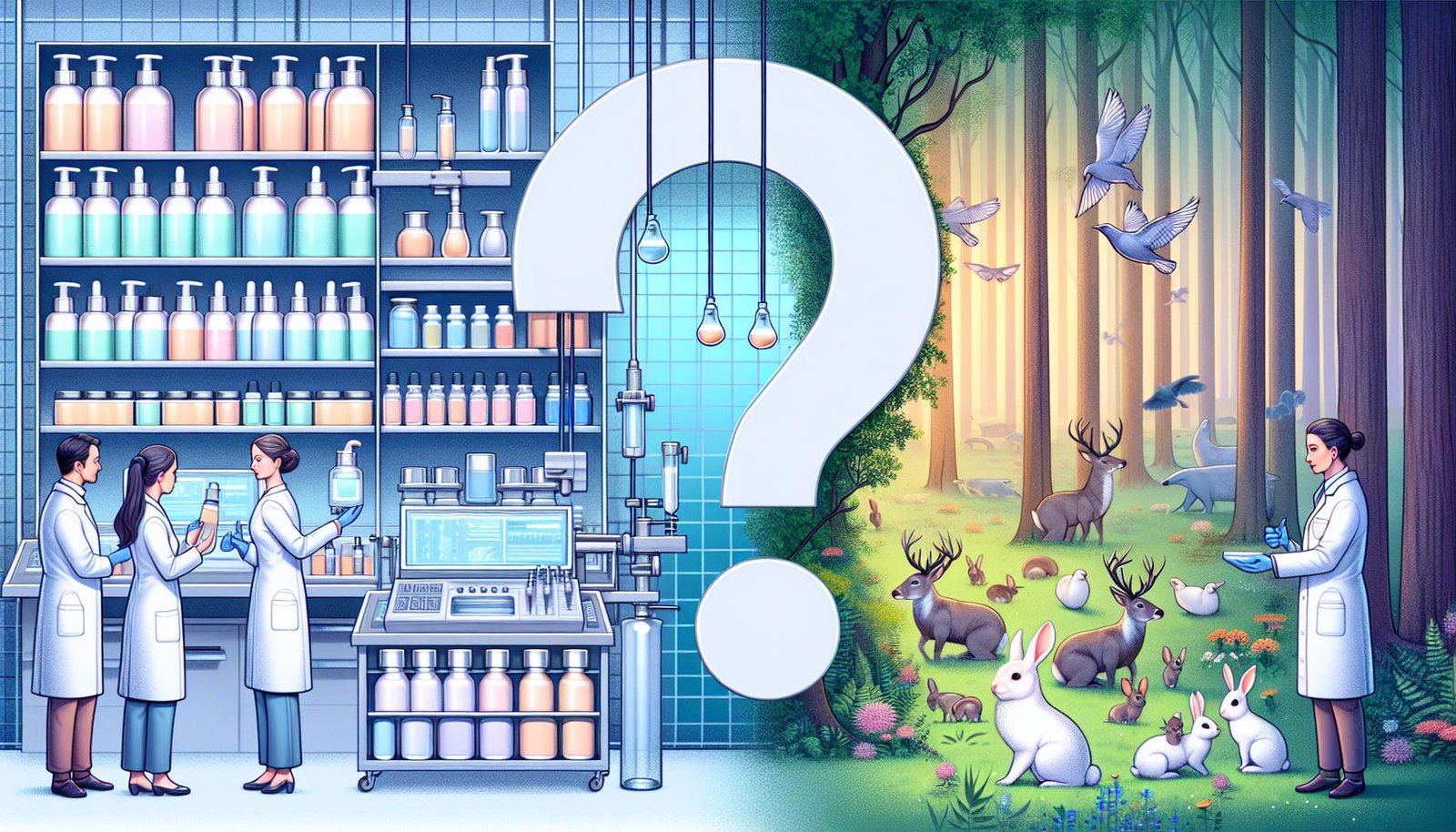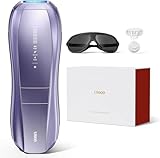When it comes to skincare products, many people want to ensure that the items they use are not only effective but also ethically made. A common question that arises is whether simple skincare products undergo animal testing. Understanding the relationship between skincare formulations and animal testing is crucial for making informed choices.In this article, we will explore what animal testing entails, how it relates to basic skincare products, and what alternatives are available to ensure both safety and compassion in skincare routines.
Understanding Animal Testing in Simple Skincare Products
Last update on 2025-12-06 / Affiliate links / Images from Amazon Product Advertising API
Simple Skincare is known for its commitment to creating gentle products that suit sensitive skin. One of the most frequently asked questions is whether their skincare line involves animal testing. The brand proudly adheres to cruelty-free standards, which means that they do not test their products or ingredients on animals at any stage of development. This ethical approach aligns with growing consumer demand for transparency and humane treatment in the beauty industry.
When considering cruelty-free status, several factors come into play: ingredients, manufacturing partners, and legal requirements in different markets. Simple Skincare ensures that their suppliers also meet these standards,avoiding animal testing across the board. Consumers can look for certifications like Leaping Bunny or PETA cruelty-free logos, which often accompany trusted brands. Below is a quick overview of their stance compared to common industry practices:
| Aspect | Simple Skincare | Typical Industry Practice |
|---|---|---|
| Animal Testing on Finished Products | No | Sometimes |
| Animal Testing on Ingredients | No | Occasionally |
| Cruelty-Free Certification | Yes | Varies |
| Market Restrictions | global, excluding markets requiring tests by law | Varies |
- transparency: Simple Skincare openly communicates their cruelty-free commitment.
- Consumer Trust: Loyal customers value ethics alongside product effectiveness.
- Innovation: The brand explores option testing methods, such as in vitro and computer modeling.

Exploring Alternative Methods to Ensure Product Safety
In recent years, the skincare industry has made great strides in developing alternative testing methods that prioritize consumer safety without causing harm to animals. Among the most promising techniques are in vitro tests, which utilize cultured human cells to assess irritation, toxicity, and allergic reactions. These tests not only provide results that more accurately reflect human skin responses but also significantly reduce reliance on animal testing. Additionally,computer modeling and artificial intelligence are emerging as powerful tools to predict ingredient safety,leveraging extensive databases and algorithms to simulate complex biological reactions.
Key advantages of alternative testing methods include:
- Faster and more cost-effective than traditional animal testing
- Highly reproducible and scalable for commercial use
- Ethically responsible, minimizing animal suffering
- Frequently enough more predictive of human outcomes
| Method | Application | Benefits |
|---|---|---|
| In Vitro Testing | Skin irritation, toxicity | Reproducible, human-relevant |
| Computer modeling | Predictive safety screening | Efficient, scalable |
| 3D Skin Models | Tissue-specific reactions | Realistic, ethical |

How to identify Cruelty-Free Skincare Brands
To make sure your skincare products align with ethical values, start by looking for recognizable certifications on the packaging. Logos such as leaping Bunny, PETA’s Cruelty-Free bunny, or Choose Cruelty-Free provide a reliable trust signal. These organizations rigorously audit brands to guarantee no animal testing occurs at any stage of production. Additionally, many cruelty-free brands proudly share their ethical stance on their official websites, allowing consumers to verify transparency firsthand.
Another useful method is to review ingredient lists and company policies. Brands committed to cruelty-free practices often avoid controversial animal-derived ingredients and clearly state their testing policies online. You can even create a quick checklist to assess products:
- Look for cruelty-free certification logos
- Check the brand’s official website for animal testing policy
- Research if the brand conducts any third-party animal tests
- Avoid products with unclear or vague statements about testing
| Brand Feature | Cruelty-Free indicator |
|---|---|
| Official Certifications | Leaping bunny, PETA |
| Clear Website Policy | Clear no-animal-testing statement |
| Ingredient Selection | No animal-derived ingredients |
| Third-Party Testing | None permitted |

Practical Tips for Choosing Ethical Simple Skincare Solutions
Last update on 2025-12-06 / Affiliate links / Images from Amazon Product Advertising API
When selecting a skincare product that aligns with your values,start by researching brands thoroughly. Look for clear statements on cruelty-free practices, such as certifications from recognized organizations like Leaping Bunny or PETA. These logos provide reassurance that the company does not conduct animal testing at any stage of product development. Additionally, prioritize products with minimal, transparent ingredient lists to avoid perhaps harmful or controversial substances.
Another practical approach is to explore the packaging and marketing messages. Many ethical brands emphasize sustainable sourcing and environmentally pleasant packaging alongside their cruelty-free claims. To simplify your decision, consider these quick pointers:
- Verify cruelty-free certifications on product labels or official websites
- choose products with natural or organic ingredients to support gentle skincare
- Check user reviews highlighting ethical commitments and effectiveness
- Support brands with transparent company policies found easily online
Q&A
Q&A: Does Simple Skincare Test on Animals?
Q1: Does Simple skincare test its products on animals?
No, Simple skincare does not test its products or ingredients on animals. The brand is committed to cruelty-free practices and ensures that their products are developed without any animal testing.
Q2: Is Simple officially certified as cruelty-free?
Yes, Simple is often recognized by various cruelty-free organizations and carries certifications indicating that they do not test on animals. It’s always a good idea to check the latest certifications as brands may update their policies.
Q3: What about animal-derived ingredients in Simple products?
Simple focuses on gentle and hypoallergenic ingredients suitable for sensitive skin. While many of their products are vegan-friendly, it’s best to review individual product labels if you are concerned about animal-derived ingredients.
Q4: How does Simple ensure product safety without animal testing?
Simple uses alternative testing methods such as in vitro (test tube) testing, computer modeling, and human volunteer studies to ensure their products are safe and effective without relying on animal testing.
Q5: Why is avoiding animal testing important?
Avoiding animal testing helps prevent animal suffering and supports ethical treatment of animals. Many consumers also prefer cruelty-free products as part of a more conscious and humane lifestyle.
Q6: Where can I buy Simple skincare products?
Simple products are widely available in drugstores, supermarkets, and online retailers. Look for cruelty-free labels on packaging or check trusted cruelty-free databases to confirm their status.
If you want to maintain a skincare routine that is gentle on both your skin and animals, Simple offers an accessible and ethical option!
The Conclusion
while the topic of animal testing in simple skincare products can be complex, it’s encouraging to see growing transparency and a shift toward cruelty-free alternatives. Many brands now prioritize ethical practices, using innovative testing methods that do not involve animals.By staying informed and choosing products that align with these values, you can enjoy your skincare routine while supporting a more compassionate beauty industry. Remember, every small choice contributes to a bigger change.













